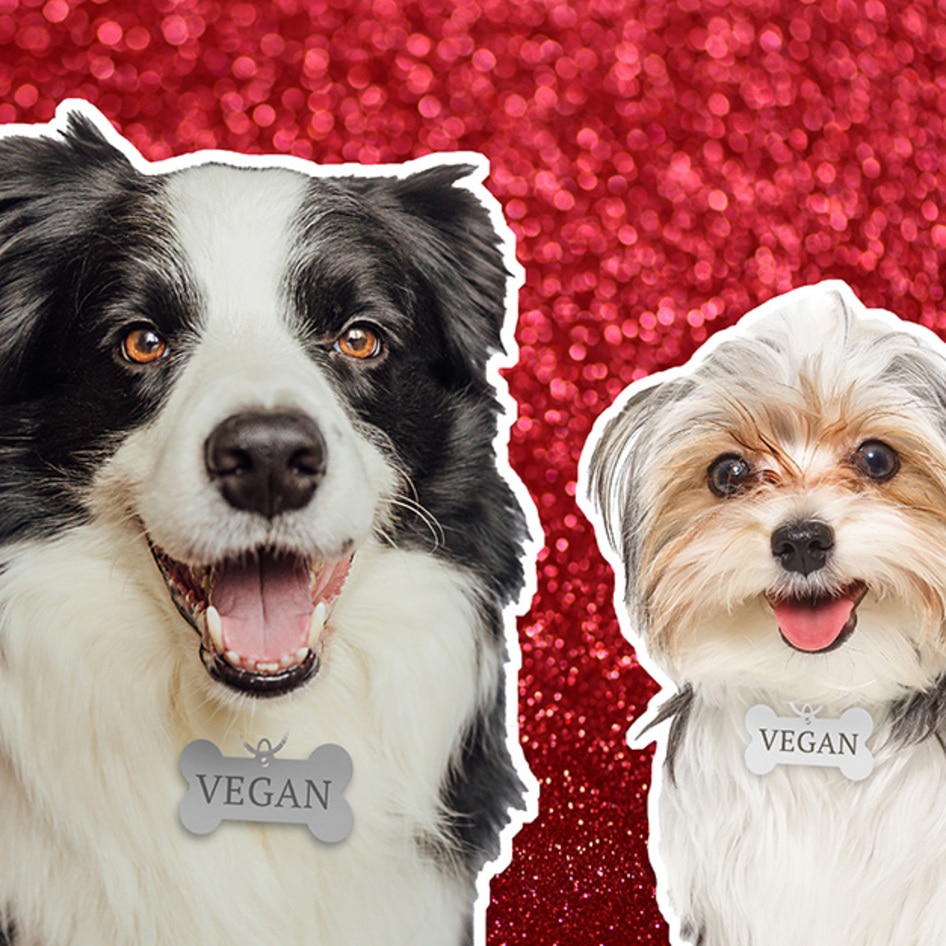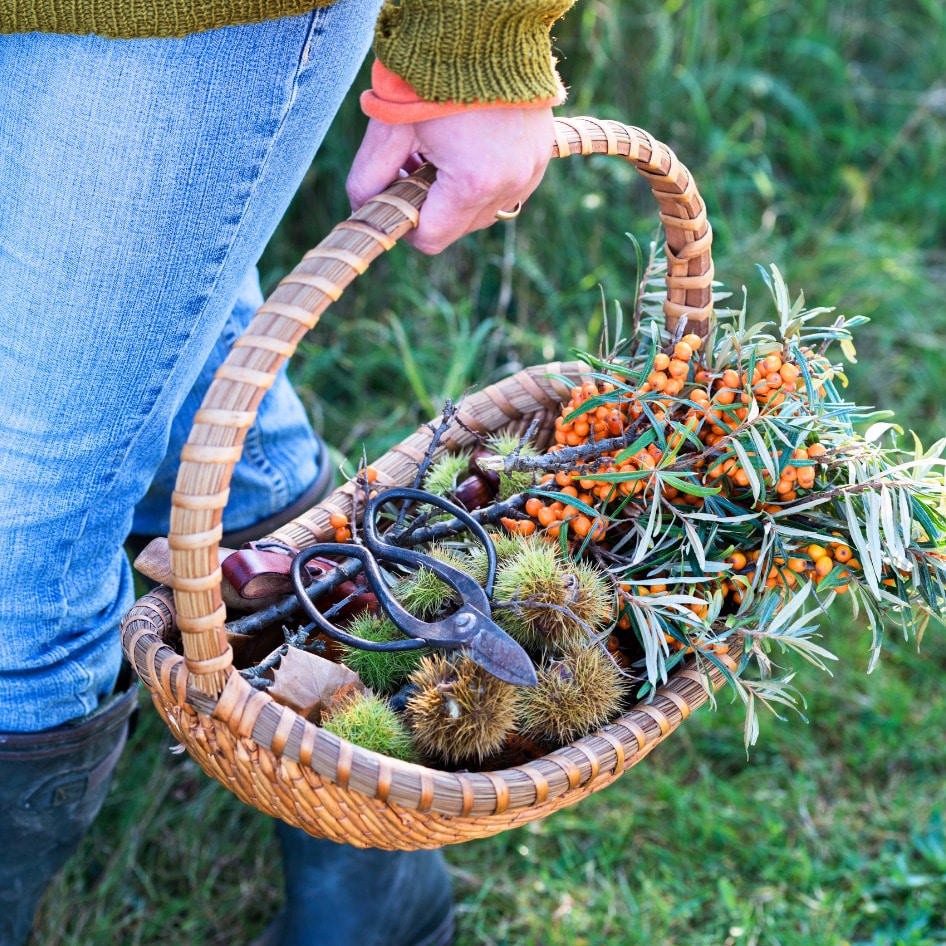As the human population hurtles the planet toward its environmental demise, we are constantly faced with efforts to curtail this inevitable end. As vegans, we’re already pulling our weight (eliminating meat and dairy can reduce one’s carbon footprint from food by up to 73 percent), but we still try to go the extra mile by carrying around reusable water bottles, buying our clothes from sustainable brands, and giving our friends and family the evil eye every time they accept a plastic straw and cup from Starbucks. Our intentions are noble, but we’re overlooking one significant issue: our dogs. According to a 2017 study, owning a large dog is environmentally comparable to driving an SUV, and companion animals are responsible for a quarter of greenhouse gases from animal agriculture. We asked Lindsay Rubin, director of operations at V-dog, to educate us about the impact of our furry friends and how we can take action to reduce our household pawprint.
VegNews: Do some dog breeds have a larger carbon footprint than others? Lindsay Rubin: Larger breeds consume more food and therefore generally have an increased environmental impact. Being mindful about how you can lower your dog’s carbon footprint, no matter their size, is important a pet parent looking to preserve our environment.
VN: It is often recommended to have two dogs as companions for each other. Is this frowned upon from a sustainability perspective?
LR: The number of dogs you bring into your family can totally depend on the situation. Some dogs love having other dog friends around, while others thrive as the only dog. If you are rescuing a dog that is in need of a home, that dog, along with the environmental impact, already exists. Providing rescue dogs with a loving home and a sustainable, plant-based diet is the best option for a multi-dog household.
VN: What is the carbon footprint of the homeless companion animal situation in the US? How can adoption help lower this?
LR: It’s estimated that 6.5 million companion animals enter shelters nationwide every year, with 1.5 million companion animals euthanized annually. Education is key to lowering these massive numbers. Spay and neuter programs are crucial to curbing the homeless pet problem, as well as educating conscious pet parents on the benefits of adopting and fostering companion animals versus buying. Some rescue organizations, like the San Francisco SPCA, have programs that help encourage spay/neuter, adoption/foster, and offer classes for new pet parents to encourage proper dog and cat parenting and reduce issues once a companion is adopted into the home.
VN: What impact on the environment do dog breeders have? What can be done?
LR: Dog breeders, even those with the best intentions, contribute to the overpopulation of companion animals. Surprisingly, it is estimated that 25 percent of the dogs in shelters are purebred and often originally from a breeder.
The practice of breeding more dogs to meet the demand of people seeking purebreds, while hundreds of thousands of animals who need a loving home remain in shelters or are euthanized, is an irresponsible practice, both environmentally and ethically.
VN: Are certain dog food brands more sustainable than others? What about products and toys?
LR: A study in 2018 showed that if cats and dogs made up their own country, they’d rank fifth in global meat consumption. Animal agriculture is extremely carbon-intensive, even more so than all transportation combined. Dog food brands, like V-dog, that are entirely plant-based are much kinder on the environment as they naturally use less water, land, and energy to produce. Other than food, biodegradable poop bags, or USA-made hemp or recyclable dog toys are great environmentally-friendly pet items.
VN: What research suggests that dogs can be vegan?
LR: V-dog has been making balanced plant-based dog food for more than a decade and partners with a team of veterinarians who endorse a plant-based diet for the health and longevity of dogs. There is research and evidence that shows dogs thrive on a complete and balanced vegan diet, and we are working on v-dog-specific research this year.
Tanya Flink is a Digital Editor at VegNews as well as a writer and fitness enthusiast living in Orange County, CA.
JUMP TO ... Latest News | Recipes | Guides | Health | Subscribe







